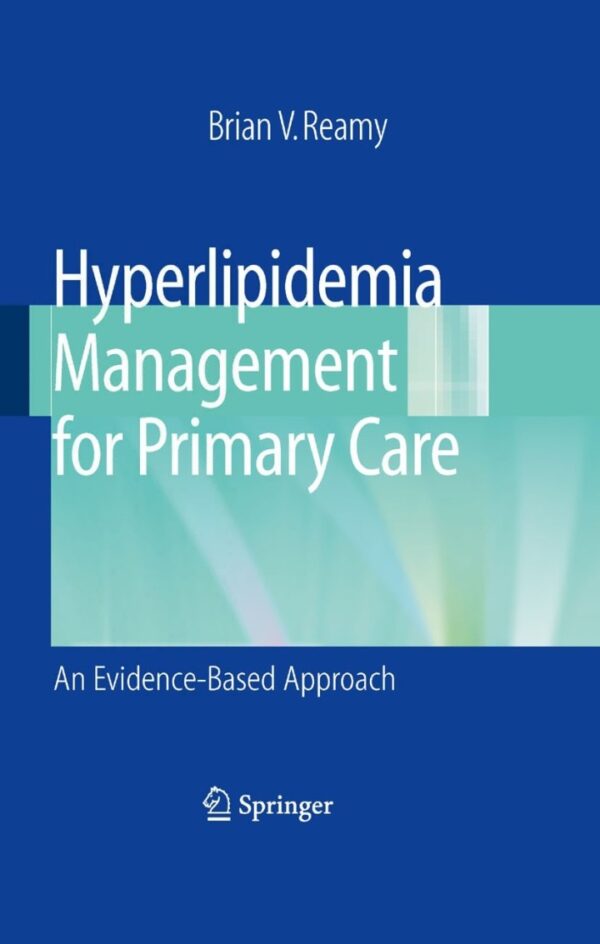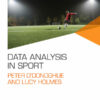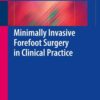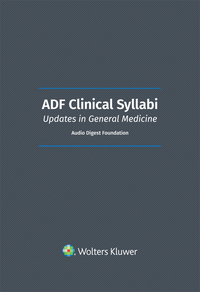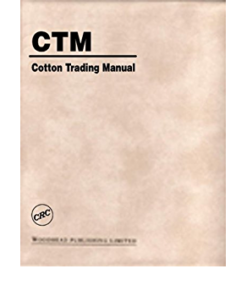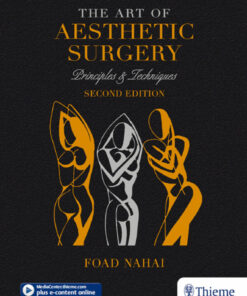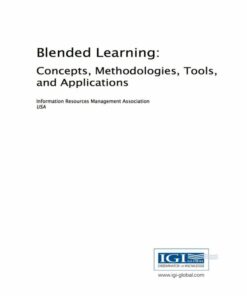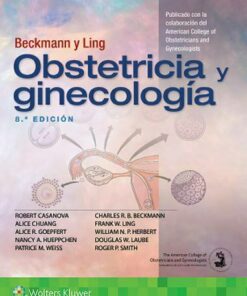Hyperlipidemia Management for Primary Care: An Evidence-Based Approach Ebook (okabook.shop)
$25.00
eText ISBN: 9780387766065
One of the possible bene?ts of 30 years of medical practice is the ability to develop some sense of perspectivewith regardto majortransitionsin medicine. Manyphy- cians who graduated from medical school in the mid- to late 1970s may recall fe- ing less than comfortable about counseling patients regarding lifestyle modi?cation and heart disease risk. A total cholesterol of 250 mg% at that time was considered within normal limits. The best information on the causation of heart disease came from epidemiologic data showing associations between increased consumption of dairy products and fat in the industrialized countries of northern Europe and Am- ica, and a corresponding increase in morbidity and mortality from heart disease as compared to other countries that were less well developed or as compared to Mediterranean countries, where there was a different type of diet lower in saturated fats and cholesterol. Treatment options in those days were based more on anecdotal information and observation than on evidence. The idea that coronary artery disease was an in?- matory problem in which the main culprit was oxidized LDL and the idea that heart disease risk could be managed had not yet made the transition to clinical pr- tice. This attitude all changed as information from the largest and longest running prospective epidemiologic study on heart disease?the Framingham Study?began publishing data on causality and risk factors. .eText ISBN: 9780387766065

